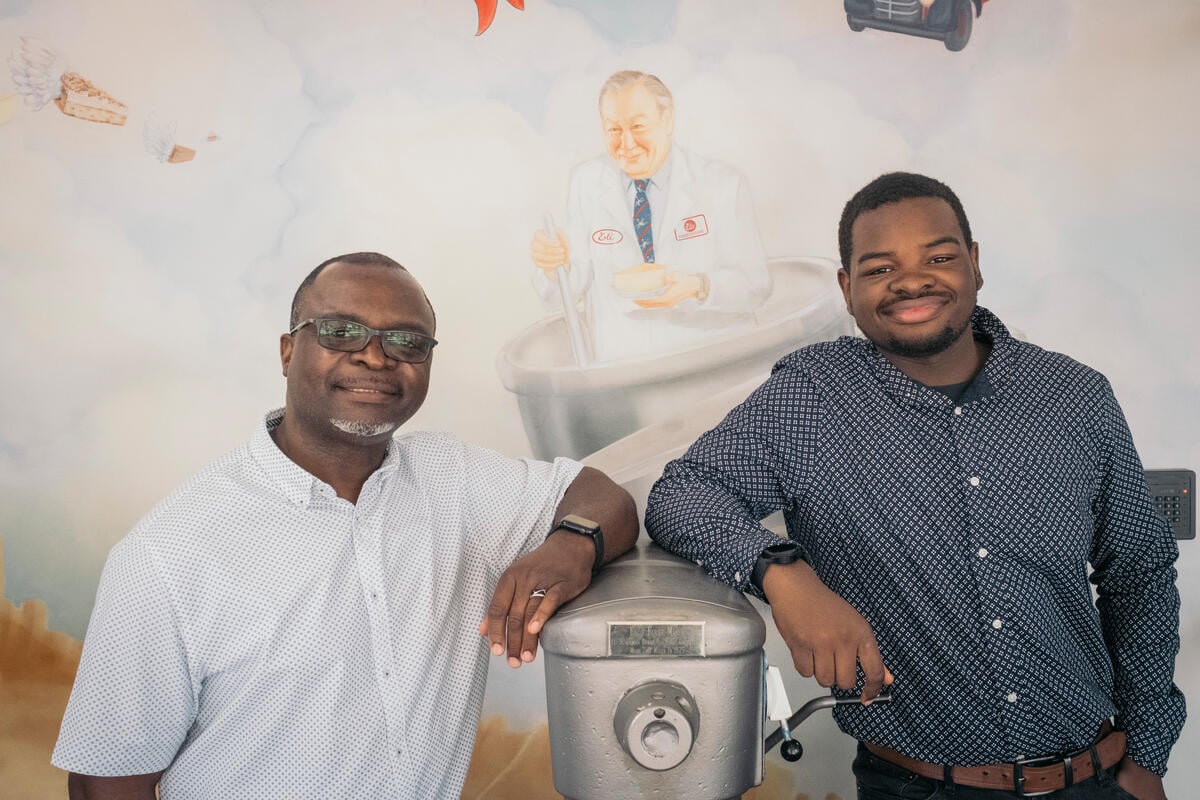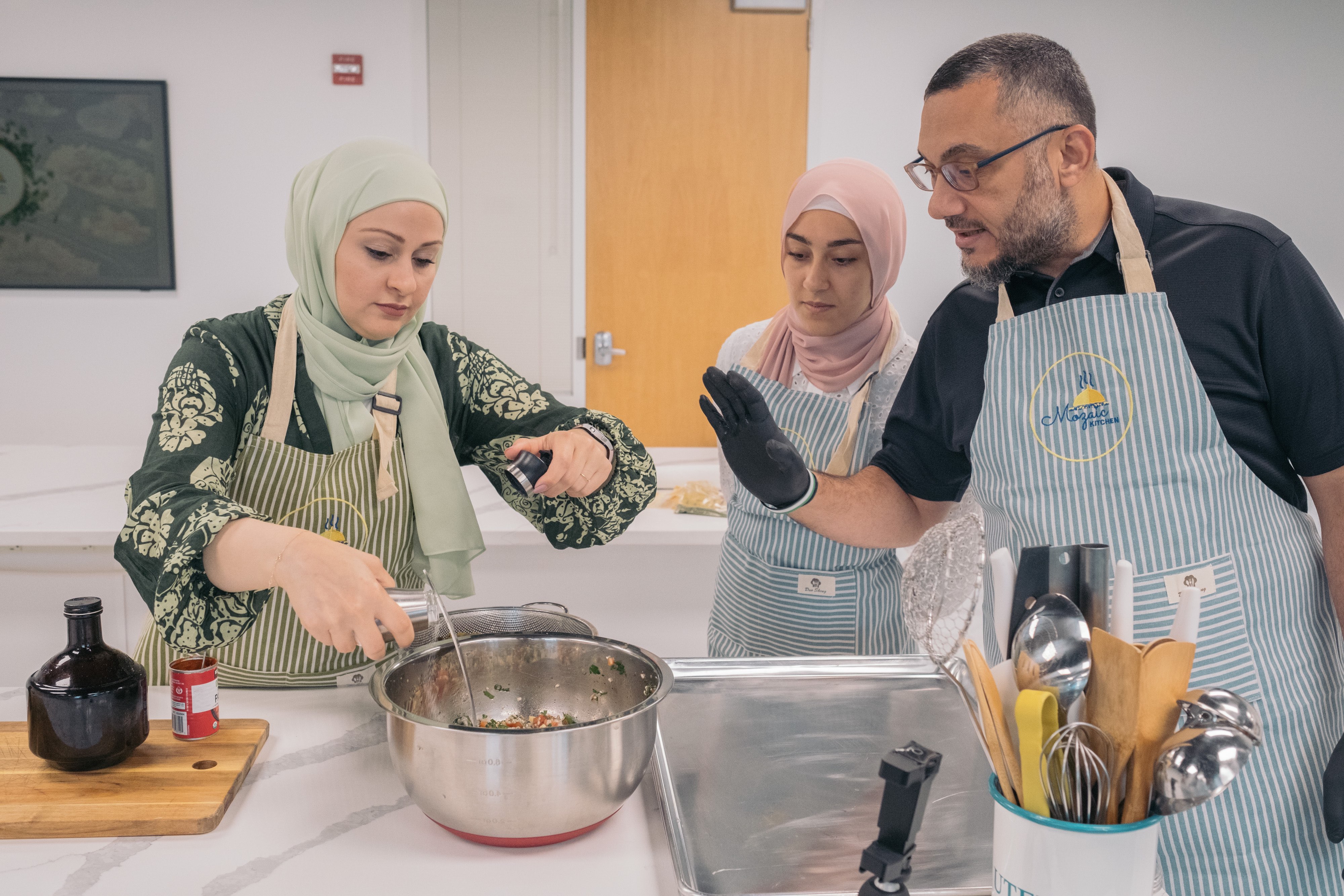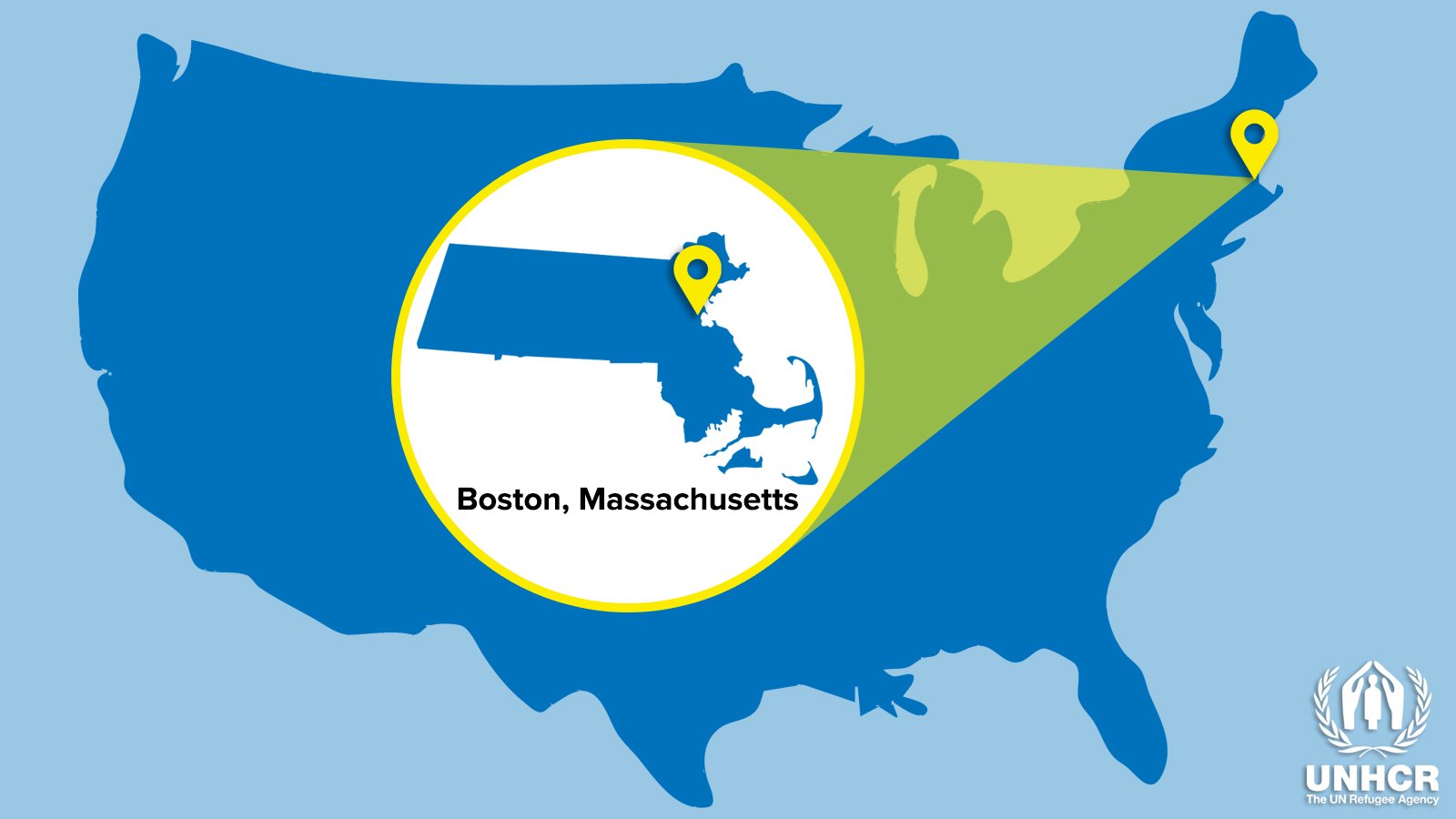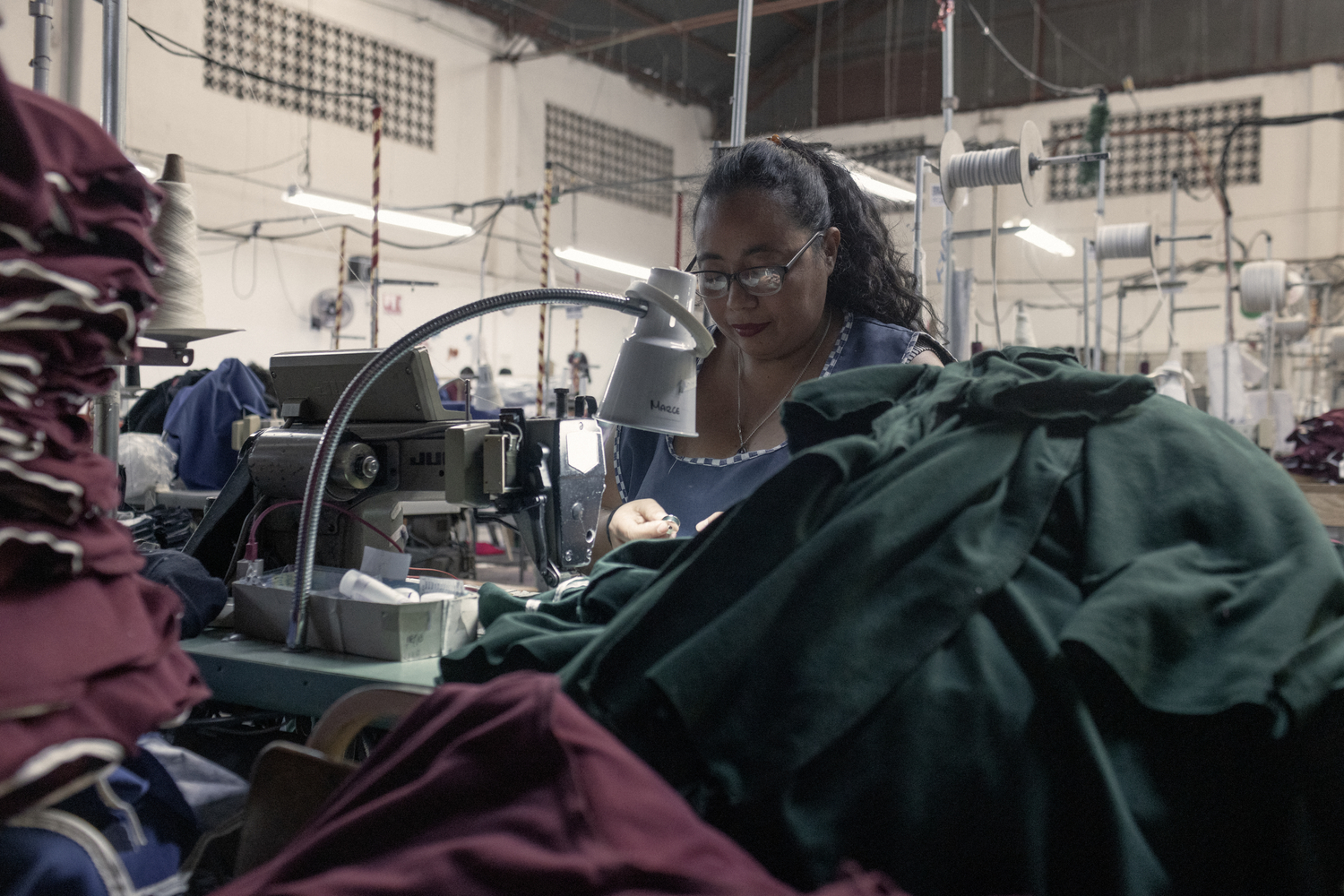How to Get Help

How to Get Help
- I am a refugee in a country of asylum that is not the United States and would like to be resettled to the United States.
- I would like to ask about resettlement options on behalf of a friend or relative who is a refugee and would like to be resettled to the United States.
- My family has just fled their country of origin and I want to know how to help them.
- I would like more information about the UNHCR resettlement program.
- I have a relative or friend overseas who is being resettled to the U.S. and I want to know about their case.
- I came to the United States as a refugee or asylee, and I would like my family to join me.
- I am a permanent resident or United States citizen and would like to petition for my relatives
- I am contacting you from a Congressional office, a resettlement agency, or an attorney’s office.
If you are inquiring about your refugee or resettlement case and you are currently outside of the United States, please contact your nearest UNHCR office. The UNHCR office in Washington is unable to provide you with case-specific information.
If you are in the United States and you are inquiring about a friend/relative who is overseas, please contact your local resettlement agency or congressional office who can provide help and advice. The local resettlement agency or congressional office can contact the UNHCR office in Washington at [email protected]. For confidentiality reasons, UNHCR is unable to provide you directly with information about your friends and family members overseas.
UNHCR urges asylum seekers to register with UNHCR in the country where they have fled by contacting the closest UNHCR office.
Of the millions of refugees around the world, less than 1% are resettled. Only a small number of states take part in UNHCR’s resettlement programs. More information is available on the UNHCR website.
UNHCR coordinates global resettlement statistics by producing quarterly and annual statistical reports on all resettlement submissions, approvals, denials and departures for persons submitted by UNHCR. UNHCR also maintains historical resettlement data and produces specialized reports on global resettlement activities to governments, NGOs and researchers. More information on UNHCR's resettlement figures is available here.
Once a resettlement case has been submitted to a resettlement country, the resettlement country will communicate directly with the refugee on the status of their case. UNHCR often has limited access to this information.
For those who have come to the U.S. as a refugee or asylee and have a parent, spouse or child who is a refugee or living in their home country, you may be eligible to petition for them. For the Priority Three (P3) program, all applications need to be submitted through a local resettlement agency. Refugees and asylees may also be eligible to petition for spouses and unmarried minor children through an I-730 (refugee following to join) program. UNHCR recommends that petitioners seek legal counsel in filing this petition. There are other family reunion programs that the U.S. operates, and refugees can seek assistance through their local resettlement agencies. For more information, please visit our U.S. Family Reunification page.
7.I am a permanent resident or United States citizen and would like to petition for my relatives.
You may be eligible to file an immigrant petition. For more information, please visit our U.S. Family Reunification page and the United States Citizenship and Immigration Services website. UNHCR is not involved with these processes; they are handled through USCIS and the U.S. Department of State’s Bureau of Consular Affairs.
8. I am contacting you from a congressional office, a resettlement agency or an attorney's office.
If you are contacting us from a congressional office, a resettlement agency, or an attorney’s office, please email [email protected]. Note that our normal response time is two weeks. However, if we need information from our offices overseas, it may take longer to hear back from us. We may contact you if we need additional information regarding your inquiry.









